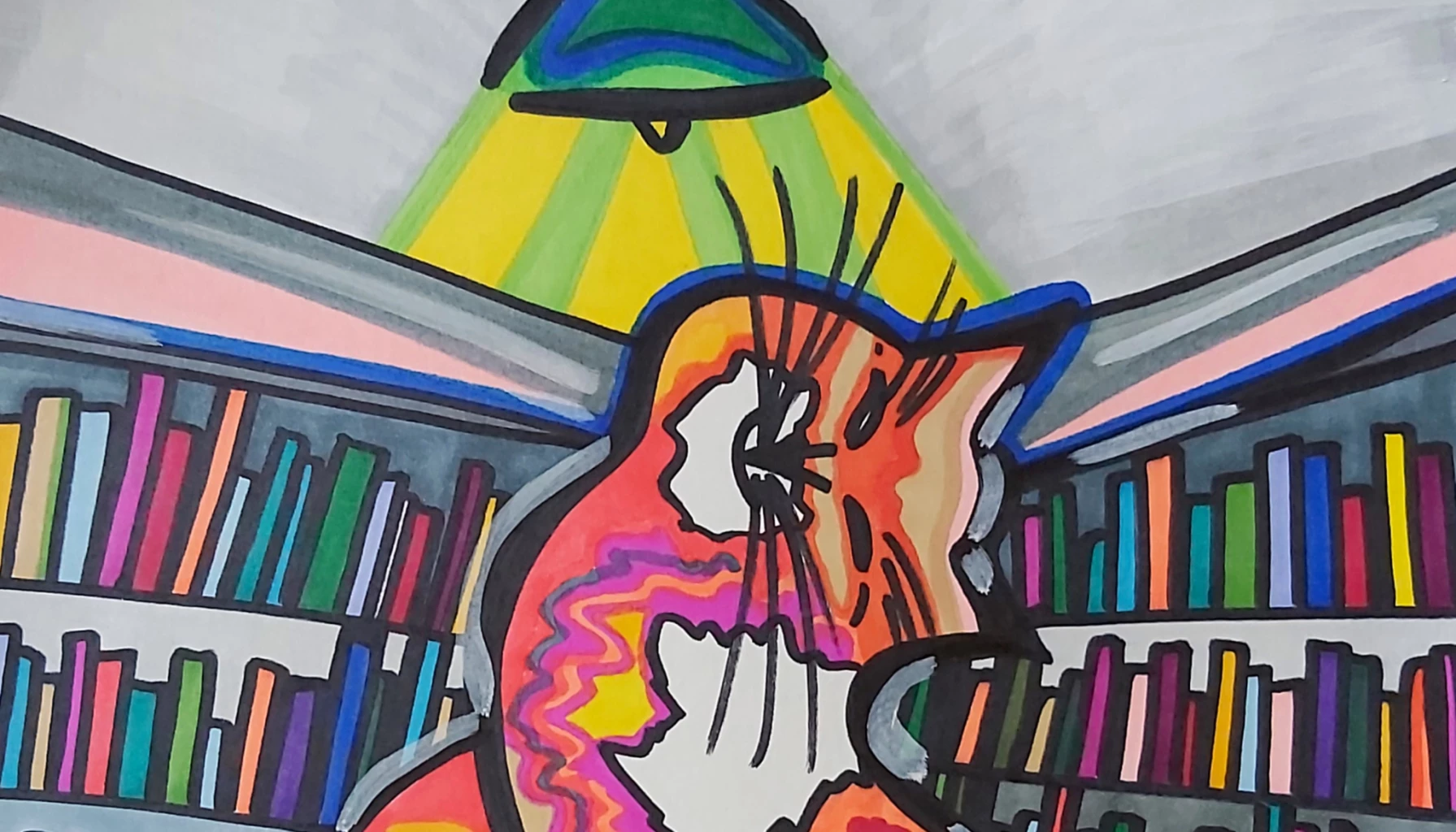Internal and External Resources for Enhancing Well-Being
Mental well-being is based on a subtle balance between our internal resources and the external support available to us. When facing everyday challenges, it is essential to know how to mobilize these resources in order to cultivate a state of serenity and resilience. Studies show that individuals who develop these resources are more resilient to stress and difficult life events (Fredrickson, 2001).
1. Relying on Internal Resources
Our internal resources are the personal strengths that help us cope with difficulties and enhance our psychological well-being.
- Developing Positive Thinking: Learning to reframe negative thoughts and focus on the positive aspects of life strengthens self-confidence and optimism. For example, cognitive behavioral therapy (CBT) encourages cognitive restructuring to replace negative thought patterns (Beck, 1976).
- Managing Emotions: Becoming aware of one’s emotions and expressing them in a healthy way prevents them from becoming overwhelming. Mindfulness, which has scientific validation, helps improve emotional regulation and reduce anxiety (Kabat-Zinn, 1990).
- Fostering Self-Compassion: Being kind to oneself and accepting one’s imperfections reduces stress and improves self-esteem. A study by Neff (2003) shows that self-compassion is a key factor in psychological well-being.
- Practicing Mindfulness: Meditation or breathing exercises help manage stress and keep one grounded in the present moment. Research published in JAMA Internal Medicine (Goyal et al., 2014) showed that meditation significantly reduces symptoms of anxiety and depression.
2. Making Use of External Resources
External support plays a key role in psychological balance. Knowing how to surround oneself with support and ask for help when needed is a strength.
- Building Supportive Relationships: Trusted family, friends, and colleagues are valuable sources of support during difficult times. A study by Holt-Lunstad et al. (2010) found that strong social relationships increase longevity and reduce the risk of mental health disorders.
- Creating a Balanced Living Environment: A healthy work environment and a harmonious life setup contribute to lasting well-being. For example, research indicates that access to natural light at work improves sleep quality and productivity (Boubekri et al., 2014).
- Engaging in Restorative Activities: Participating in hobbies, physical or artistic activities helps release tension and boost positive energy. Exercise is particularly beneficial: a study by Babyak et al. (2000) showed that physical activity is as effective as antidepressants in treating mild to moderate depression.
- Art as a Source of Well-Being: Artistic activities—whether painting, music, or writing—encourage emotional expression and reduce stress. A study by Stuckey and Noble (2010) demonstrated that participating in artistic activities improves mental and emotional health.
- Consulting a Professional: In cases of persistent challenges, seeking help from a psychologist provides tailored support and concrete tools for better managing emotions and overcoming difficulties.
3. Getting Support from a Psychologist
There are times when our internal and external resources are not enough to overcome certain difficulties. In such moments, psychological support can be essential to:
- Understand and manage your emotions with greater serenity
- Overcome personal or professional challenges
- Learn to cope with stress and anxiety
- Build self-confidence and improve relationships
Looking for psychological support in Geneva?
Book an appointment today on OneDoc for a consultation. Together, let's explore your internal and external resources to build lasting well-being.




